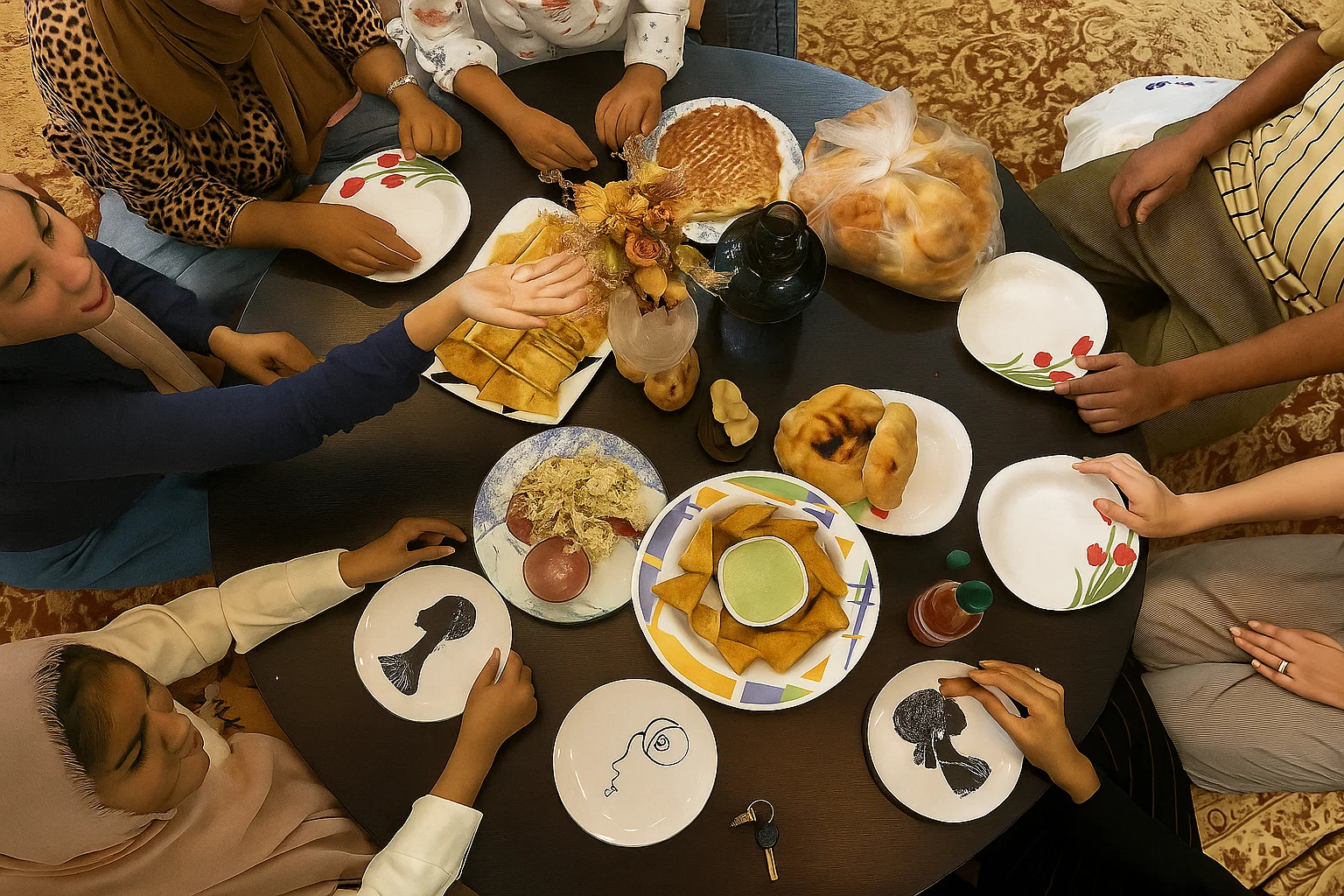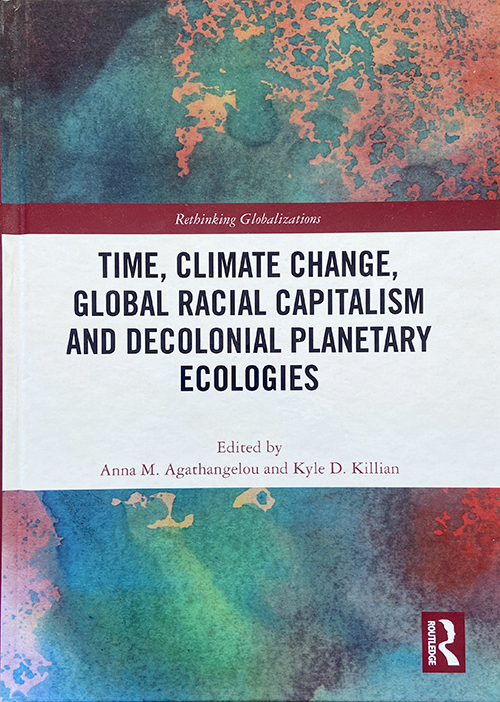Edited by Meyer Fortes and E.E. Evans-Pritchard
African Political Systems
The Bartlett Pan-African Indigenist Collective shares African Political Systems edited by Meyer Fortes and E.E. Evans-Pritchard.

Image of Sudanese youth discussing outcomes of revolutions at a meal. Image taken by Galila Khougali.
ABOUT
This 1940 edited volume was one of the first comparative studies of Indigenous African political institutions.
Drawing from fieldwork across various societies, such as the Tallensi, Bantu, and Nuer, the essays describe kinship-based governance, segmentary lineage systems, and spiritual authority. While foundational in anthropology, the book has been widely critiqued for its colonial framing and failure to centre Indigenous epistemologies. It treats African systems as static and bounded rather than dynamic and evolving.
Nonetheless, this book remains a key reference for understanding precolonial governance and the ways European academics shaped knowledge about Africa. Contemporary scholars use it both as a historical artefact and a basis for decolonial critique.
WHO
This reference was recommended by the Bartlett Pan-African Indigenist Collective.
The Collective is a space for critical dialogue, activism, and scholarship that foregrounds Pan-African Indigenist ways of knowing, being, and creating. Formed by members of the Bartlett community dedicated to uplifting the voices, knowledge, and cultural legacies of people of African heritage and their respective Indigenous communities and lands, it aims to challenge colonial legacies and inspire transformation within institutional structures, research and curricula. By integrating creative and scholarly practices, the Collective works to restore narratives that have been silenced or misrepresented. Their work advances decolonial efforts in higher education by creating inclusive spaces and centring diverse African knowledge systems. Bartlett Alternative recognises the Collective’s vital contribution to broadening intellectual and cultural horizons through radical inclusivity and exclusivity, and thanks them for sharing resources that foreground lived experience, land-based knowledge systems, and epistemic justice.
Department Bartlett Faculty of the Built Environment
Share your references and work with us! Help shape our collective curriculum.
Get in touch!LIBRARY
A growing library of references recommended by staff and students across the Bartlett
view all

